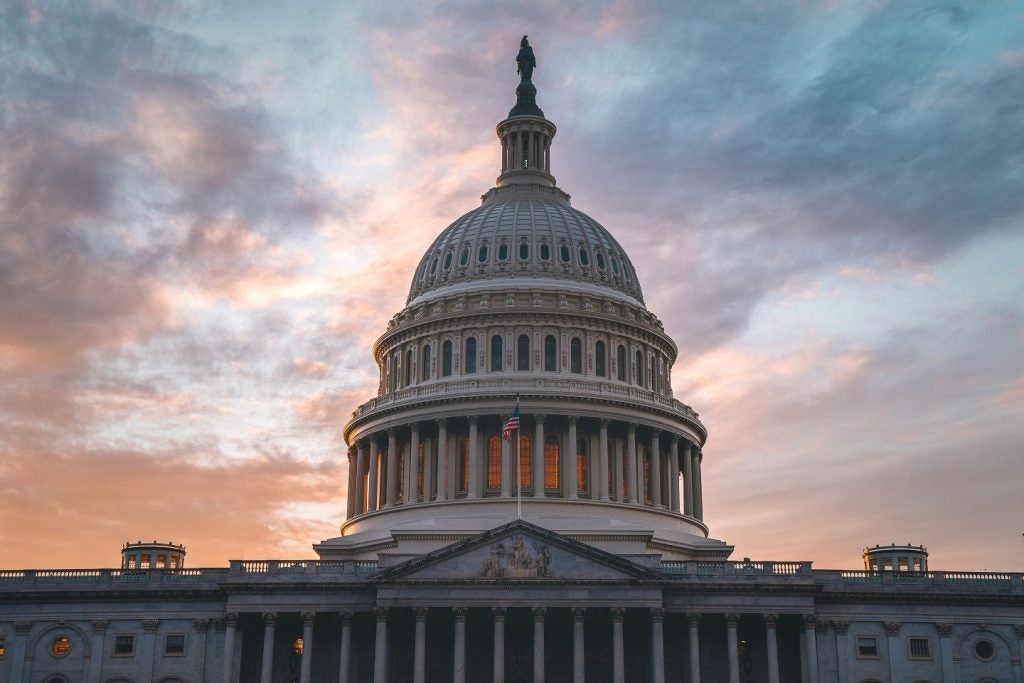US President Donald Trump’s One Big Beautiful Bill Act (H.R. 1) has narrowly passed after US Vice President JD Vance broke a 50-50 deadlock in the US Senate.
One of the bill’s most contentious aspects among Democratic senators and a minority of Republicans, are the bill’s cuts and amendments to Medicaid. According to the latest estimates by non-partisan think-thank the Congressional Budget Office (CBO), the bill will cut Medicaid funding by almost $1trn over the next decade.
The CBO estimates that the spending cuts, which impact Medicaid eligibility, including tenets such as new work requirements for claimants, will leave 11.8 million people without health insurance by 2034, with this figure including an estimated 1.4 million people without verified citizenship, nationality, or satisfactory immigration status who would no longer be covered in state-only funded programmes by 2034.
Conversely, a press release issued by the White House claims the bill will protect Medicaid for American citizens who need it, strengthen the health coverage plan for Americans who rely on it, while eliminating waste, fraud, and abuse.
JD Vance has pooh-poohed the estimated fall out to Medicaid. Posting to X, the Vice President said: “Everything else – the CBO score, the proper baseline, the minutiae of the Medicaid policy – is immaterial compared to the ICE money and immigration enforcement provisions.”
Other Republicans have celebrated the passage of the bill in the US Senate.
Also posting to X, Missouri’s Republican senator Eric Schmitt said: “The Big Beautiful Bill kicks 1.4 MILLION illegal immigrants off Medicaid.
“For too long, Americans have been paying for the welfare of people who shouldn't even be in our country.”
A report by Yale University has concluded that some of the poorest citizens in the US will be most affected by the bills’ provisions, with tax cuts mainly benefitting the wealthy class.
Changes to taxes and Medicaid and spending proposed by the Senate budget reconciliation bill would result in a decline of 2.9% (about $700) in income for the bottom quintile, Yale’s report stated, but an increase of 1.9% (about $30,000) for the top 1%.
In a post to X following the bill’s success in the Senate, Democratic senator Alexandria Ocasio-Cortez called the outcome a “an absolute and utter betrayal of working families”.
The AHA view
Rick Pollack, president and CEO of the American Hospital Association (AHA) said the trade group was “very disappointed” by the bill’s passage, which will soon wing its way to President Trump’s desk to be signed into law.
“The real-life consequences of these nearly $1trn in Medicaid cuts – the largest ever proposed by Congress – will result in irreparable harm to our health care system, reducing access to care for all Americans and severely undermining the ability of hospitals and health systems to care for our most vulnerable patients.”
“This legislation will cause 11.8 million Americans to be displaced from their health care coverage as they move from insured to uninsured status,” Pollack continued.
“It also will drive up uncompensated care for hospitals and health systems, which will affect their ability to serve all patients. It will force hospitals to make service line reductions and staff reductions, resulting in longer waiting times in emergency departments and for other essential services, and could ultimately lead to facility closures, especially in rural and underserved areas.”









